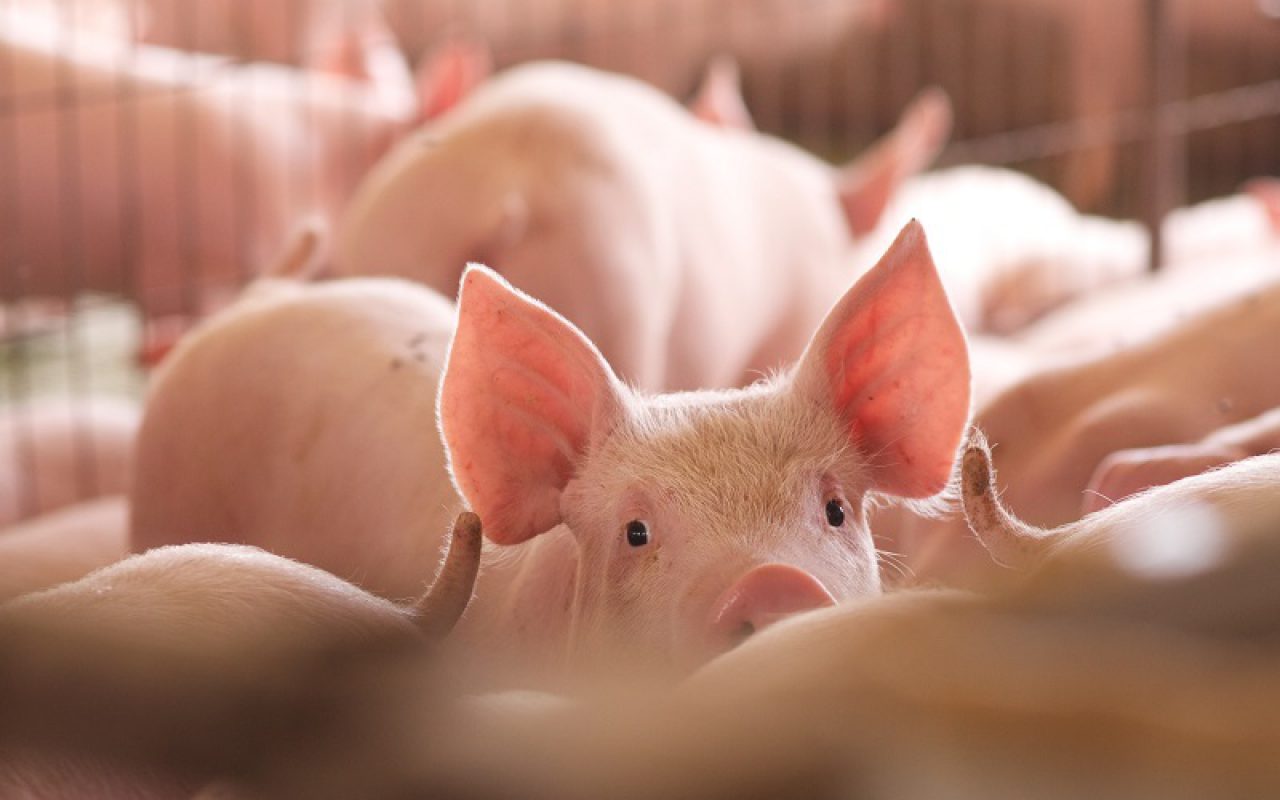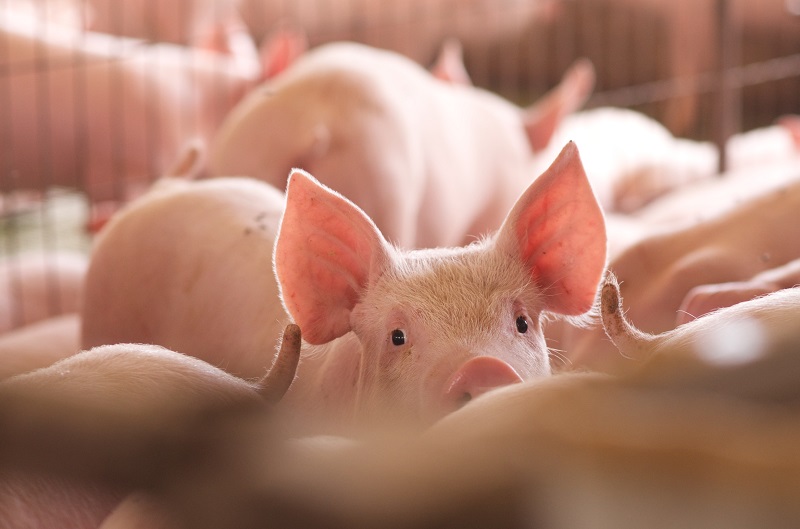
Biosecurity measures in production farms are an example for people today
The measures implemented worldwide as a result of the spread of the feared COVID-19 remind those of us who work in this industry of the importance of implementing and keeping high biosecurity standards in our farms and processing plants. If infectious diseases manage to go through our security barriers, they can alter and significantly affect […]

The measures implemented worldwide as a result of the spread of the feared COVID-19 remind those of us who work in this industry of the importance of implementing and keeping high biosecurity standards in our farms and processing plants. If infectious diseases manage to go through our security barriers, they can alter and significantly affect production with serious consequences for the industry. This, in turn, can affect the local economy of a country, a region, and in the worst case scenario, the world, along with other devastating consequences.
Throughout history, the introduction of certain zoonotic diseases has only highlighted the vulnerabilities to which our production chains may be exposed. This situation compels us and binds us to become stricter and more demanding with prevention protocols and safety measures in order to comply with the high standards demanded by the main markets worldwide, safeguard the physical integrity of workers, and ensure the counting and control of the animal population.
At the moment, COVID-19 is a pandemic that is affecting people. Our focus is to protect the health and safety of the industry, which is why we need to stress that strict biosecurity measures must be applied and kept so that we are prepared against any potential threat of disease, whether from the virus that is currently troubling us, or for any other infectious diseases of animal or human origin.
In this sense, the story of Benjamín Ruiz, editor of the Industria Avícola magazine, is quite interesting and revealing: “From my trench, my home, I see very few people passing by in the street. Even those images of the busy street in Madrid feel far away. The same was in Mexico in 2009 with the H1N1, although it seems that people have already forgotten it. Many look at me incredulously when I tell them that I have already been through this.” He continues with an example: “But, let’s talk about poultry. What does this whole COVID-19 issue of locking yourself up at home, of going out only for what it is essential, keeping distance, disinfecting, cleaning up, remind you of? I can only refer to the well-worn idea of biosecurity.”
This is how the word “biosecurity” became common without us even being aware of it. In practical terms, it invites everybody to apply a number of techniques and measures for cleaning people and equipment, and ensure a clean environment in each of our homes and workplaces in order to prevent the spread of the virus.
The food industry has learned its lesson, and while the current virus is hitting all of us all over the world, from public health to economics, it is our duty to support the efforts being made and prevent it from spreading.
Source: WattAgNet.com
